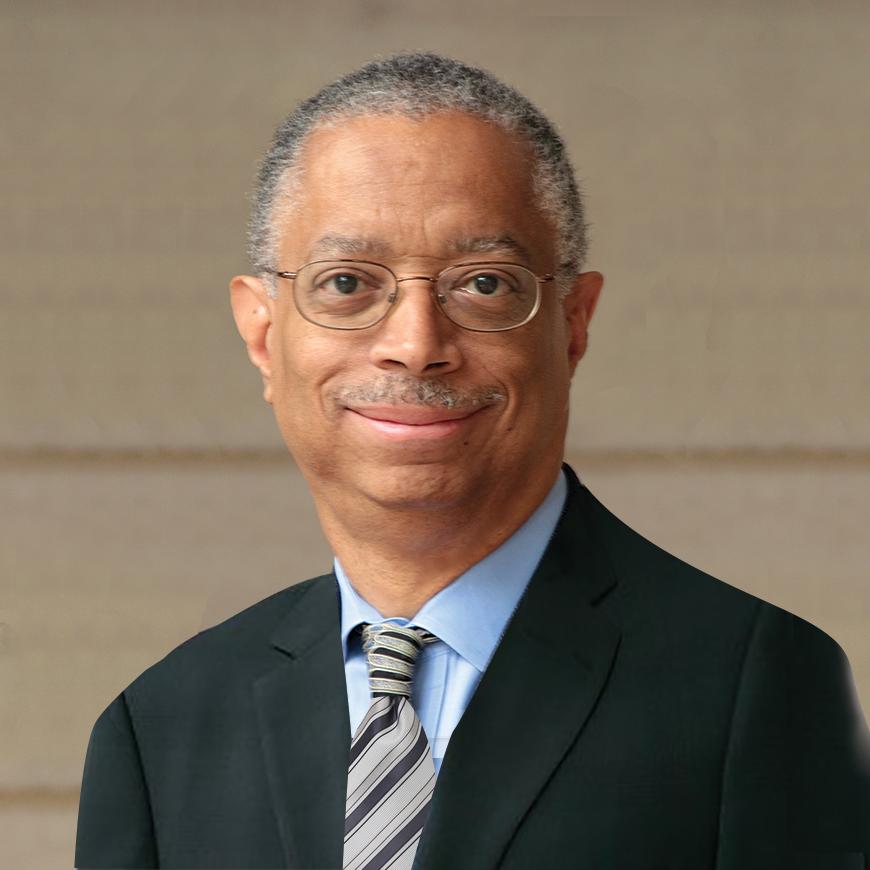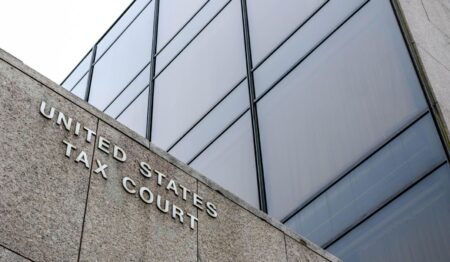The economics profession and the progressive policy world is dealing with the shocking news that Bill Spriggs, Chief Economist at the AFL-CIO and former chair of the Howard University Economics Department, has passed away at the age of 68. We’ve lost a great economist and a champion for Black equality, and for all working people.
Bill was a rare public intellectual who combined first-rate economic analysis with a lifelong and passionate commitment to racial and economic justice. He knew the facts told the story of America’s failure to provide true racial equality, and that working for Black equality was good for all American workers.
I had the privilege of working with Bill on the Congressional Joint Economic Committee. We also held the same job at different times—Assistant Secretary for Policy at the US Department of Labor. Anyone who knew Bill can recount his unfailing good nature and friendly demeanor. But that never interfered with his passionate advocacy for Black equality and for America’s workers.
Bill’s commitment to racial justice came from the cradle. His father, born in Iowa, was one of the legendary Tuskegee Airmen, Black World War II fighter pilots who battled military segregation during America’s fight against fascism. His mother grew up in Virginia, in a county with no public high school for Blacks; her family had to pay tuition for her to attend high school in another county. When she joined the Women’s Army Corps, she trained in Iowa and met her husband there. (You can hear Bill discuss his family’s service on this Iowa Civil Rights podcast.)
He never lost this commitment. After 2020’s brutal murder of George Floyd by a white police officer, Bill wrote an open letter to economists, pointing out the profession’s long and dishonorable history on race, including advocacy of eugenics and theories of white racial superiority.
Finding current economics far too accommodating of continuing racism, Bill called on economists to “become the empiricists we pretend.” The field should understand race is a “social construct,” where the “purpose” is for the “dominant group (to) designate a group to receive less of the goods of society” by presupposing Black inferiority. That harmful ideology leads not only to ongoing inequality but to “the ugly incidents of police misconduct we all observed.”
Bill’s Economics’ Ph.D at the University of Wisconsin, “Afro-American Wealth Accumulation, 1900-1914,” documented how continuing segregation and discrimination in land and labor markets prevented Blacks from gaining wealth. This fed his lifelong interest in and commitment to fighting America’s racial wealth gap.
After his initial academic career, Bill moved to the Economic Policy Institute, the nation’s top think tank analyzing economic issues facing working people. He then moved directly into policy making, at the National Commission for Employment Policy and then at the Congressional Joint Economic Committee.
Bill’s career moved between direct government service, academic, and advocacy work, with far too many accomplishments to list (you can see his full cv here). It included senior work at the National Urban League, the US Department of Commerce and the Small Business Administration, and many bodies such as the National Bureau of Economic Research and the National Academy of Social Insurance, where he was awarded the 2016 Robert M. Ball Award for Outstanding Achievement in Social Insurance.
Bill returned to academia as a Professor and Chair of the Economics Department at Howard University, combining his professional skills with helping strengthen one of the nation’s premier Historically Black Colleges and Universities (HBCUs). In 2011, Bill proudly noted in a recorded interview that he had “taught over 2,000 African American students economics and statistics” in his career to that point. That number grew with his return to Howard after his service when President Obama nominated him, with Senate approval, to be Assistant Secretary for Policy at the US Department of Labor.
At his death, Bill was both teaching at Howard and serving as Chief Economist at the AFL-CIO, combining his work on racial justice with his advocacy for all working people. Right up until his untimely death, he was advocating for racial and economic justice—in written work, Congressional testimony, media appearances, and public advocacy.
You can find Bill’s scholarly work and public activism online. A good way to remember him is some of his most recent advocacy, in the economics profession and in policy.
Bill constantly pushed economists to get out of their ivory towers and see the realities of racial discrimination and worker exploitation. At a Federal Reserve panel in 2021, Bill called economists “lazy” on analyzing race, saying in frustration that “there appears to be no evidence that will get economists to admit: yes, there’s discrimination, and yes, it matters.”
But Bill never stopped fighting the good fight and speaking truth to power. In February of this year, he appeared on CNBC to criticize the Federal Reserve’s continued raising of interest rates, pointing out that reaching and maintaining full employment was good for all workers, but especially for Blacks. Bill told us, again, that full employment would help fight (while not fully addressing) both employment and inequality, and also the racial wealth gap.
That combination of clear economic analysis with issues of racial and economic justice, delivered in a calm but insistent way, was pure Bill Spriggs. We all learned a lot from him, and we all will miss him.
Read the full article here













